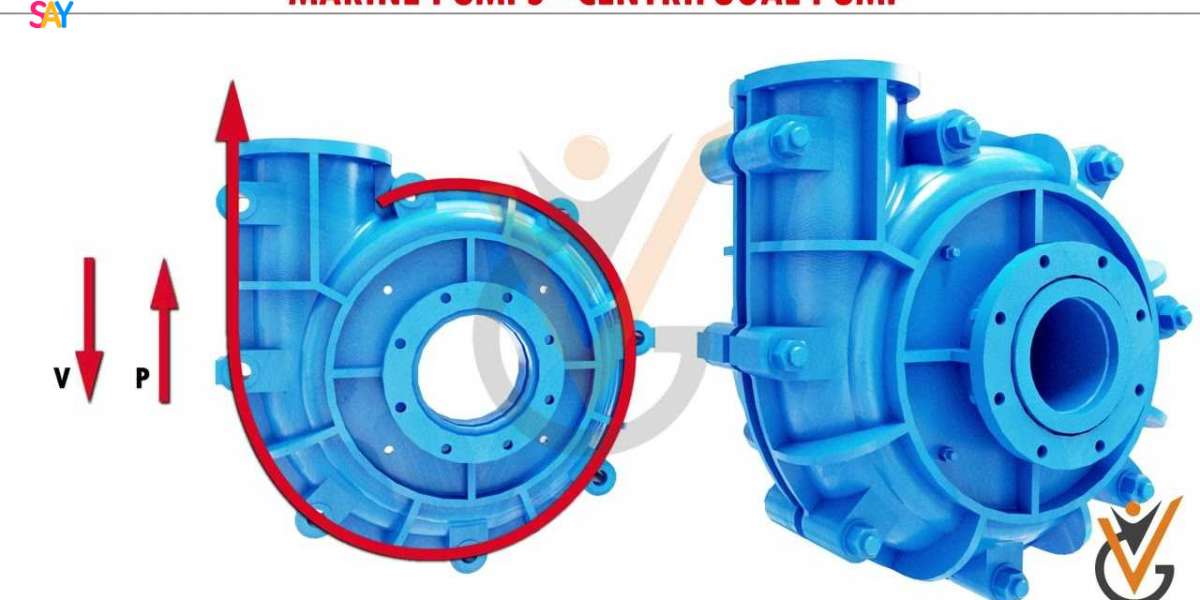Marine pumps play a pivotal role in the operations and safety of ships, supporting a wide array of functions crucial for smooth and efficient maritime activities. These pumps are specially designed to meet the demanding conditions at sea, offering reliability and performance in challenging environments.
Types of Marine Pumps and Their Functions
Marine pumps come in various types, each serving specific functions essential for ship operations:
Bilge Pumps: These are crucial for removing excess water from the ship's bilge, preventing water accumulation that could lead to stability issues or damage. Bilge pumps are designed to handle water mixed with oil and debris, ensuring the vessel remains safe and operational.
Ballast Pumps: Used to adjust the ship’s stability and trim, ballast pumps move water into or out of ballast tanks. This adjustment helps manage the ship’s weight distribution, which is critical for maintaining proper buoyancy and stability during loading, unloading, and navigation.
Fire Pumps: Marine fire pumps are integral to the ship’s fire suppression system, providing the necessary pressure and flow to deliver water to firefighting equipment. These pumps are designed to operate reliably under high-pressure conditions and are often connected to hydrants and hoses throughout the vessel.
Cargo Pumps: Essential for handling liquid cargo, cargo pumps are used in tankers and other vessels to load and discharge cargo efficiently. These pumps are designed to handle various types of cargo, including crude oil, chemicals, and liquefied gases, with precision and safety.
Cooling Water Pumps: These pumps circulate seawater or freshwater to cool the ship’s engines and machinery. Proper cooling is essential for maintaining engine performance and preventing overheating, ensuring the smooth operation of onboard systems.
Key Features of Marine Pumps
Marine pumps are built to endure the harsh conditions of marine environments, with features tailored to their specific applications:
Corrosion Resistance: Marine pumps are constructed from materials resistant to seawater corrosion, such as stainless steel and bronze, to ensure durability and longevity in the salty, humid marine atmosphere.
Reliability: Given the critical nature of their functions, marine pumps are designed for high reliability and robustness. They are engineered to perform consistently under the rigorous conditions of sea travel, including high vibrations and varying temperatures.
Ease of Maintenance: Regular maintenance is crucial for marine pumps to ensure their continued performance. Many marine pumps are designed for easy access and servicing, with features that facilitate routine checks and repairs.
Regulatory Compliance and Safety
Marine pumps must comply with international maritime regulations and standards, such as those set by the International Maritime Organization (IMO) and classification societies like Lloyd's Register and DNV GL. Compliance ensures that the pumps meet safety and operational standards, contributing to the overall safety and efficiency of ship operations.
Conclusion
Marine pumps are indispensable to ship operations, providing essential functions that support stability, safety, and efficiency. From bilge and ballast pumps to cargo and fire pumps, these specialized devices are engineered to meet the demanding conditions of the marine environment. Their reliability, durability, and adherence to regulatory standards make them critical components in ensuring the smooth and safe operation of vessels across the world's oceans.




